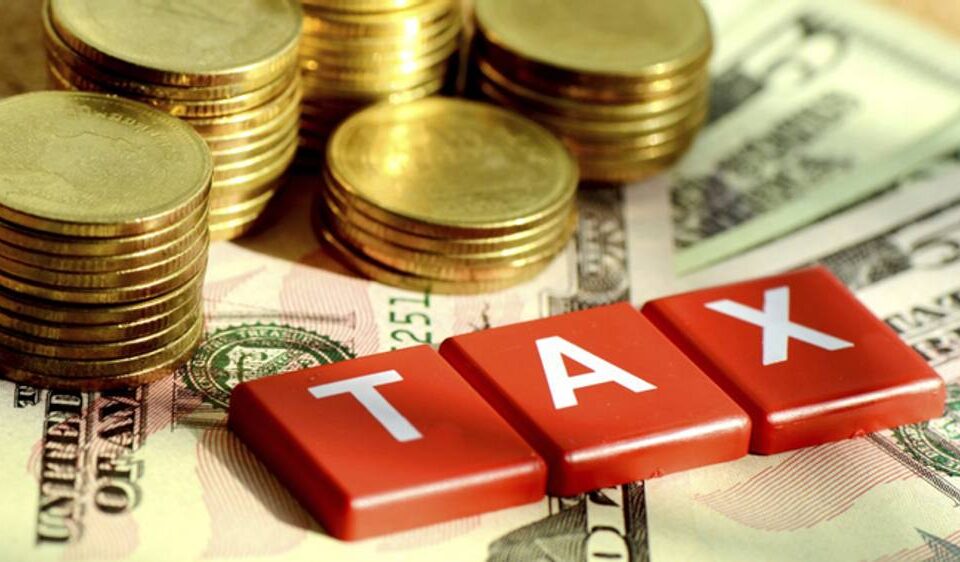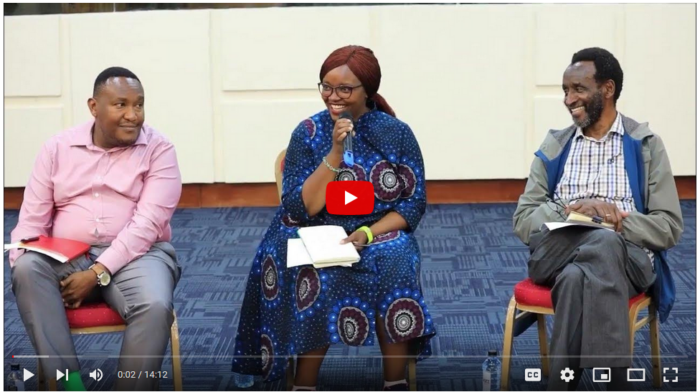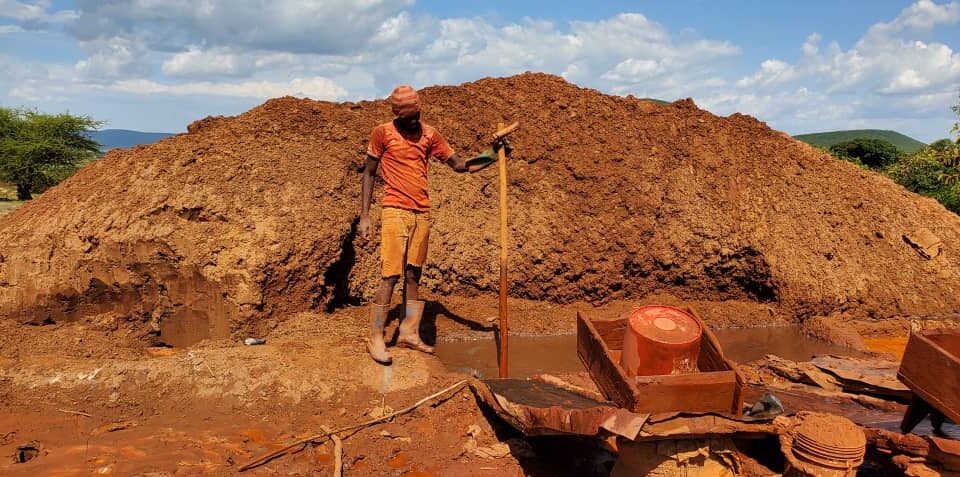We have time, you have watches (part II)

Nous avons le temps, vous avez les montres (1ère partie)
November 3, 2022
Nous avons le temps, vous avez les montres (2ème partie)
February 28, 2023Here is the second part of my conversation with my friend and former colleague Dieudonné Cirhigiri. He shares his views on the state of international cooperation in the Democratic Republic of Congo (DRC), urgently calls for higher humanitarian coordination at the national level, and discusses options to amplify local voices and better address climate change.
Dieudonné, do you see a change in the way international cooperation is organized in the DRC or in the region?
We judge the tree by its fruits, Farida. If the same shortcomings of yesterday persist or even worsen, it is because we did nothing or did it badly. And time did the rest. Through wear, habit, or amplification.
Yes, apparently a lot has changed. We have gone from concrete projects such as “Disarmament, demobilization and reintegration of children associated with armed forces and armed groups” to philosophical or trigonometric projects such as “COVID 19, KOP 21 [“Kinshasa Operation Partage”, a variation of COP 21, the 2015 Conference which led to the Paris Agreement on climate change], M23, Governance support, Free Education and/or Biodiversity protection”, with no measurable indicators or timelines open to speculation…
Is it the FAO or the WFP [the United Nations organizations for agriculture and food assistance] with hunger raging in all directions after more than 30 years in one of the most fertile countries in the world? Is it MONUSCO [the UN mission in the DRC] with its ostentatious statements of impotence after 20 years of shameless exploitation of the country?
Yet, the assessment would be more positive if donors took a less dominant approach and listened. If they were dealing with really serious and structural issues instead of haphazard and marginal themes. If donors, governments and private sector actors openly played their part instead of playing tricks. If the motivated and abundant workforce of this country, in itself extraordinary, was engaged and used. If the steps and actions of so many humanitarian workers motivated by good will were not deceived by the system and did not die without trace and memory…
No. Nothing will change either positively or, especially, not sustainably, as long as official agendas are different from real motivations. It will take a conversion or a revolution. This system has lived its time. It’s time to get rid of it.
How to amplify the voices of local actors?
The question is no longer one of “voices shouting in a desert with no boundaries” but one of “how to bring together and reconcile people around a common goal of bread and peace for all; stakeholders who yesterday met without seeing each other, and could hear without listening to each other…”.
Here I can only repeat my idea of creating, in each country, a national unit for the monitoring and coordination of humanitarian activities, at the crossroads of the four key actors mentioned above, namely the government, donors, NGOs and private sector companies.
In the DRC, a few donors and NGOs like ours could join forces to create a “Corps of Volunteers for the Nation (CVPN)” from across the country to finance projects of national scope from which, in turn, the means necessary for the conduct of social activities will flow.
These NGOs will work in a holistic way, by agreeing with the government and concerned populations on the priorities of the moment and their implementation. They will execute these plans by relying on civil society and private sector actors, both national and international, as partners, even as investors.
The CVPN will be made up of volunteers, as the name suggests, from every community and with all the skills available across the country. Its members will be trained for specific tasks alongside international NGOs or private sector partner companies, reducing the time it takes to recruit and the cost of their services.
They will live and work in, with and for their communities, sharing their successes, as well as their failures, with relevant organisations. Thus, thanks to information technology, their paths will be known and their voices heard everywhere.
What prevention can we put in place to safeguard our climate?
We are currently working on two projects that contribute to reducing global warming.
The former is a direct, intensive production and use of green hydrogen for cookers, cold rooms, tillers, and even hydrogen carburetors. Thus, in the absence of combustion, forests can grow back, biodiversity can readjust itself and cities can get rid of oil gases.
The latter is an indirect intervention: the creation of a transnational School of Higher Education (specialised in medical sciences, agronomy, mechanics, IT, political science, security etc.), which will actively form entrepreneurs in each of these fields from their childhood. By integrating environmental approaches throughout the curriculum, these students will put them in practice, if only for the sake of their families and businesses.
Is there anything else you would d like to tell us?
We cannot end this exchange without addressing the cross-cutting issues of the availability and the efficient flow of financial resources as well as the relevant production, monitoring and sharing tools of programmatic data.
Proof of bank transfers must be provided beforehand and brought to the public’s attention for follow-up, even remotely. This means, somewhere, requiring that all program data, including local expenditures and revenues, be shared on a coordinated IT platform. Most operations will take place in electronic currency, from the donor to the service provider, with the approval of the government and coordination [of all the actors involved].
Face-to-face engagement is key. If community representatives, donors and the government are involved in budget management, it will be more difficult to see corruption. We are all stakeholders.
Credit transfers must be made to the bank, not the project manager, so that everyone can monitor the work in progress. The bank should pay. We would manage the work, not the pay.
Revenues from activities will be used to repay investments for other projects in the country and to pay dividends, equally, between the donor, other investors, the government and the coordinating office for the National Welfare Fund. Otherwise, cash shortages will become commonplace and the project will die, lifeless and regrettable.
Our role as civil society is to be there and to invest heavily in education, health care, and advocacy. We’re not firefighters; we must focus on prevention, education, and employment.
If we stand in solidarity with donors, there is even a chance that they will amplify our voices with the government. We are still a force [to be reckoned with], donors rely on us and the government on them. We are indispensable.
People need action, they need “to eat and drink your programmes”. There needs to be a coordination and monitoring unit within government that is the national humanitarian counterpart of OCHA [the United Nations Office for the Coordination of Humanitarian Affairs]. Thus, we must use an emergency support fund (such as a percentage of VAT) instead of waiting for donors. In short, before being the business of NGOs and donors, humanitarian action is the business of citizens and government. International NGOs can easily talk to local NGOs if they are not opposed to dialogue, one way or the other. And donors can easily talk to recipient governments. Among and for them is the national coordination of humanitarian affairs – a structural, rather than an occasional or external, feature.
Photo credit: Dieudonné Cirhigiri




